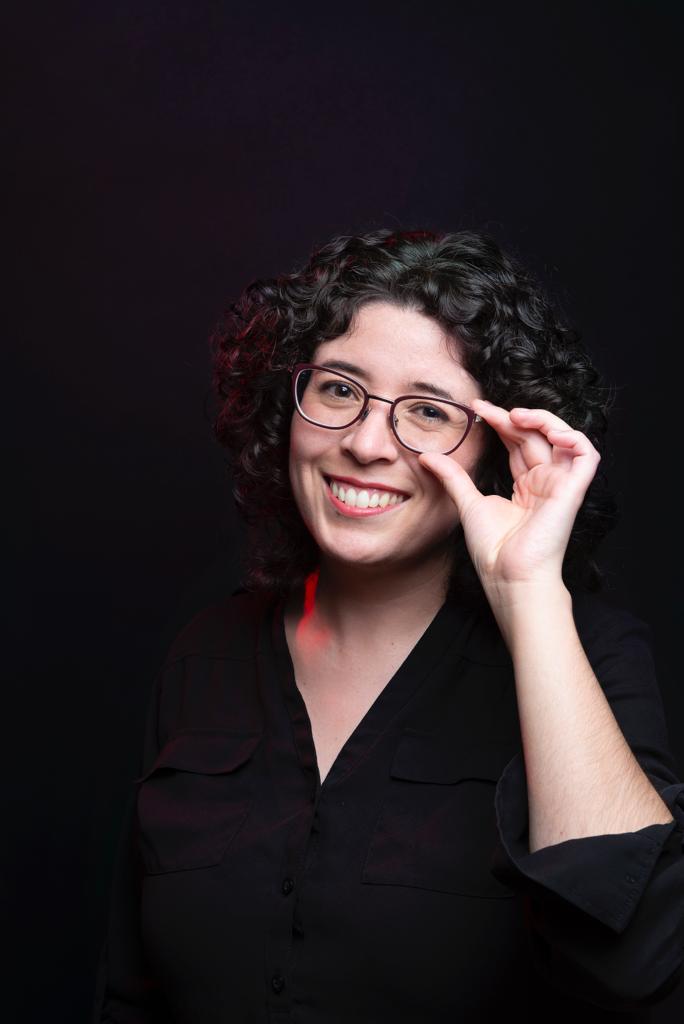
Member since Jun 2023
Myriam Vidal Valero is a bilingual science journalist from Mexico City. Her work has appeared in The New York Times, Science, El País, Inside Climate News, The Open Notebook, Medscape, Muy Interesante, Cancer World, ¿Cómo ves? and The Mexican Network of Science Journalism (Red MPC). In 2019 she received the Rosalynn Carter Fellowship for Mental Health Journalism. She is also a the recipient of the European School of Oncology Cancer Journalism award 2019-2020, the COMECYT Award for journalism on Scientific and Technological Innovation 2019, and the Walter Reuter German Journalism Award 2023.
She is a member of the Mexican Network of Science Journalists, the National Association of Science Writers, and the International Reporters and Editors, and has participated in several science journalism conferences and trainings, such as the workshop "In search of the vaccine against disinformation", organized by the GABO Foundation in Colombia and the Sabine Vaccine Institute workshop on vaccination aimed at Latin American journalists, in Argentina. In 2019 she gave a conference on how to report about vaccination during an event organized by the company Sanofi Pasteur in Paraguay.
She completed an M.A. in Journalism at the Craig Newmark Graduate School of Journalism, CUNY, in New York, in 2022. Currently she's working at Nature.
Mexico is seeding clouds to make rain — scientists aren’t sure it works
Since 2021, Mexico has been running a government cloud seeding program to solve the country's drought-relates issues. The authorities report big successes from it, however, this investigative piece shows that they don't have the scientific evidence to back those statements.
Thousands protest Mexico’s new science law
After a new law that could hinder science in Mexico was approved, thousands of researchers in the country protested against it.
JWST spots planetary building blocks in a surprising galaxy
Researchers using the James Webb telescope discovered ingredients for planet formation in the Small Magellanic Cloud galaxy, where it was thought planets might not emerge.
‘A good day’: FDA approves world’s first RSV vaccine
The US Food and Drug Administration (FDA) approved GSK's vaccine against respiratory syncytial virus (RSV) for use in people aged 60 years and older. This is the first RSV vaccine to gain approval anywhere in the world, and researchers are celebrating. Here's a short history of its development and what the future holds.
How green is your research? These scientists are cutting their carbon footprints
Around the world, scientists concerned with climate change are looking for ways to measure the CO2 emissions from their research and find ways to reduce them.